New Scientist covers the latest developments in science and technology that will impact your world. New Scientist employs and commissions the best writers in their fields from all over the world. Our editorial team provide cutting-edge news, award-winning features and reports, written in concise and clear language that puts discoveries and advances in the context of everyday life today and in the future.
Elsewhere on New Scientist
In hot water • The crisis in our oceans is exposing just how fast climate change could overwhelm us
New Scientist
Meteors light up Stonehenge
Polar vortex on the verge of a split • A disruption of winds in Antarctica could lead to hotter weather in Australia and South America. James Woodford and Madeleine Cuff report
Abnormal Antarctica
Do we finally understand the mystery of life’s ‘handedness’?
Ancient plant artefact reveals how humans reached Australia
Endangered skate saved by hatching eggs in captivity
New spin on quantum theory may force rethink of a fundamental law of physics
One mutation spread covid-19 variant • The JN.1 variant may have been able to escape antibodies because of a small genetic change
Black hole devouring giant star gives clues to a cosmic mystery
The climate impact of feeding ourselves is getting worse
Record-breaking hole drilled 1.2 kilometres into Earth’s mantle
Quantum traders could beat market • Commercially available technology could let stock traders coordinate decisions using “quantum telepathy”, and it could destabilise financial markets, finds Karmela Padavic-Callaghan
Satellite data is helping locate hidden graves of missing people in Mexico
Zigzag wall pattern could keep buildings cooler
Could we make Mars habitable using clouds of metallic glitter?
Many conspiracy theorists may not be real believers
Evidence mounts that sweetener erythritol raises blood clot risk
The toll of bird deaths from building strikes
Smartphone flaw lets hackers or governments map your home
A wide array of bacteria lurks in our microwaves
Modern jet contrails last longer • Passenger planes and private jets that fly higher may cause a greater climate warming effect
Leeches use lethal ‘spiral entombment’ move on worms
Alan Turing is writing… • Plans to create an interactive AI model of the legendary code breaker Alan Turing are reckless and problematic, says Matthew Sparkes
Future Chronicles • From the depths This week, we journey to the early 2030s, when machine learning first allowed us to communicate with sperm whales. Rowan Hooper tells us what they have to say
On the edge
Your letters
Is ET coming into view? • It is time to expect the unexpected. Graeme Green explores the universe and the possibilities of alien life in a new book by a leading astrobiologist
Dentition is destiny • From the scary mouths of hagfish to tooth-like structures on bodies, a history of teeth is serious fun, finds Richard Smyth
New Scientist recommends
The film column • Powers of perception A documentary that started life during an artist residency at the UK’s Wellcome Trust uses strong visuals and compelling interviews to argue that our conception of disease affects how we deal with it, says Simon Ings
Ocean heat • The world’s oceans are warming at an alarming rate, with disastrous consequences for marine life and humanity, reports Madeleine Cuff
‘We have come to glamorise cynicism in our culture and it is hurting us in every way’ • Being cynical damages our health and harms the economy. Psychologist Jamil Zaki tells Alison Flood how to become a hopeful sceptic instead
The prostate time bomb • Deaths from prostate...
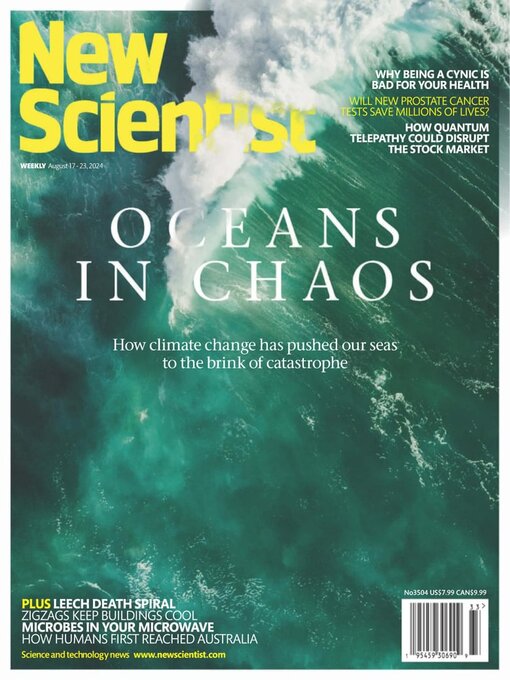
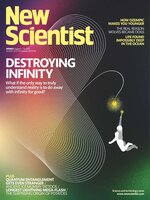 Aug 09 2025
Aug 09 2025
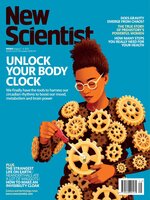 Aug 02 2025
Aug 02 2025
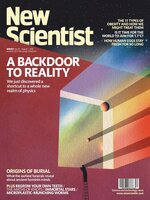 Jul 26 2025
Jul 26 2025
 Jul 19 2025
Jul 19 2025
 Jul 12 2025
Jul 12 2025
 Jul 05 2025
Jul 05 2025
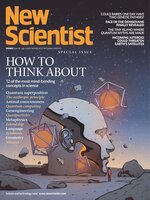 Jun 28 2025
Jun 28 2025
 Jun 21 2025
Jun 21 2025
 Jun 14 2025
Jun 14 2025
 Jun 07 2025
Jun 07 2025
 May 31 2025
May 31 2025
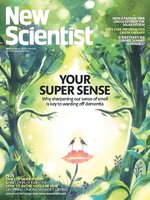 May 24 2025
May 24 2025
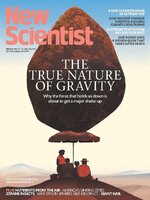 May 17 2025
May 17 2025
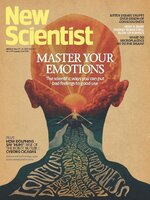 May 10 2025
May 10 2025
 May 03 2025
May 03 2025
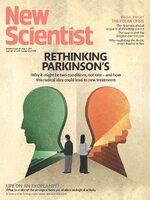 Apr 26 2025
Apr 26 2025
 Apr 19 2025
Apr 19 2025
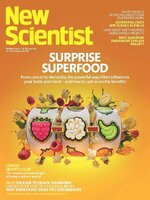 Apr 12 2025
Apr 12 2025
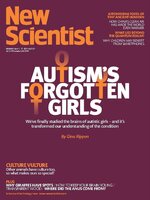 Apr 05 2025
Apr 05 2025
 Mar 29 2025
Mar 29 2025
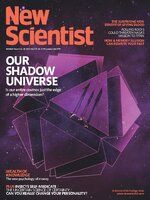 Mar 22 2025
Mar 22 2025
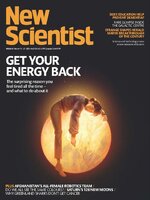 Mar 15 2025
Mar 15 2025
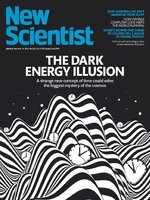 Mar 08 2025
Mar 08 2025
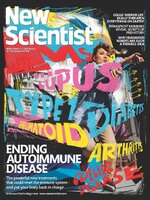 Mar 01 2025
Mar 01 2025